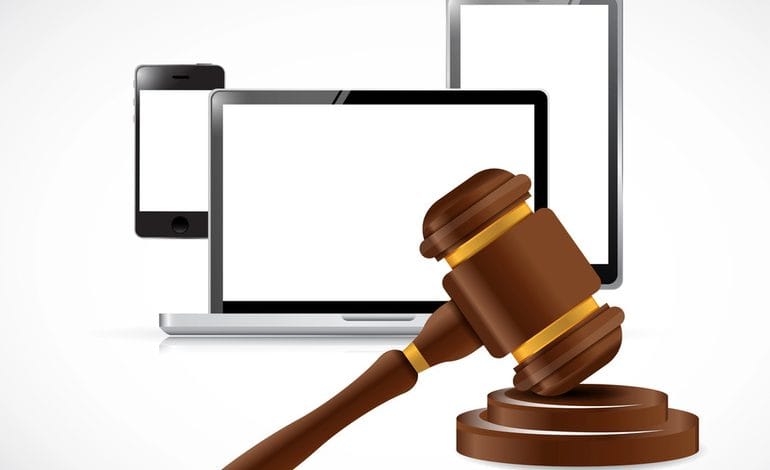IPTV (Internet Protocol Television) has transformed our TV viewing habits. It offers speed, flexibility, and often costs less than regular cable or satellite options. But with all these perks comes a crucial question: Is IPTV legal? The answer is both clear-cut and nuanced—it all depends on where you get your IPTV service.
Let’s explore the legal scene to help you stream without worry.
What Is Legal IPTV?
Legal IPTV services work with proper licenses to distribute content. These services pay broadcasters, networks, or content creators to stream their material.
Examples of legal IPTV providers include:
- Sling TV
- YouTube TV
- Hulu Live
- Kastv.net (offers verified streams with good uptime and support)
These platforms work like traditional TV networks, but they deliver content over the internet. If your IPTV provider promotes legal operations, has customer support, and offers clear terms of service, it operates .
What Is Illegal IPTV?
IPTV services that stream content without proper licensing are considered illegal. These include:
- Live sports channels (premium ones like Sky Sports, ESPN, or DZAN) offered at big discounts
- Premium movie channels and PPV events available for free or at very low prices
- Services that market themselves with phrases like “All Channels Unlocked” or “Free Lifetime Access”
These providers often depend on stolen feeds and unauthorized rebroadcasts. While they might work for a while, they’re unreliable and can vanish without warning—taking your money with them.
The Gray Zone: Why It’s Complicated
Many IPTV providers work in a legal gray area when:
- The service operates from a country with relaxed copyright regulations
- The content comes from public broadcasts but gets streamed worldwide
- Users don’t receive clear licensing details
While you might not face quick legal consequences for viewing content from a gray-market provider, selling, advertising, or sharing such services carries much more risk and has resulted in arrests and penalties .
In the EU and the U.S., officials are targeting unauthorized IPTV operations. In some instances even end-users have gotten legal threats—though uncommon, it’s a possibility you should think about.
How to Protect Yourself
Here’s how to watch IPTV without breaking the law:
- Check Out the Provider – Look for openness. Be wary if they hide their contact details or don’t explain their content sources.
- Stay Away from Free or “Forever” Deals – These can’t last and often break the law.
- Try a VPN (But Be Careful) – A VPN can guard your privacy, but it doesn’t make watching pirated stuff legal.
- Look for Licensing Info – Real IPTV providers show their broadcasting rights.
What the Law Says (Region by Region)
- United States: The Digital Millennium Copyright Act (DMCA) prohibits streaming or distributing copyrighted material without authorization. New laws also make illegal streaming services a crime.
- United Kingdom: The Digital Economy Act punishes both service providers and people who break the rules.
- European Union: Authorities use IPRED (Intellectual Property Rights Enforcement Directive) to close down unlawful IPTV services.
- Canada & Australia: These countries have also taken strong positions concentrating on piracy and unlicensed streaming platforms.
Final Thoughts
IPTV has brought about a revolution in our content consumption habits, but it also comes with certain responsibilities. When selecting a provider, you need to consider more than just quality – you must also think about the legal aspects. Here’s a good rule to follow: If an offer seems too good to be true, it is.
Are you looking for dependable IPTV without any legal troubles? Check out Kastv.net — a provider you can trust that values transparency and puts quality and compliance at the forefront. Make smarter streaming choices, not risky ones.


